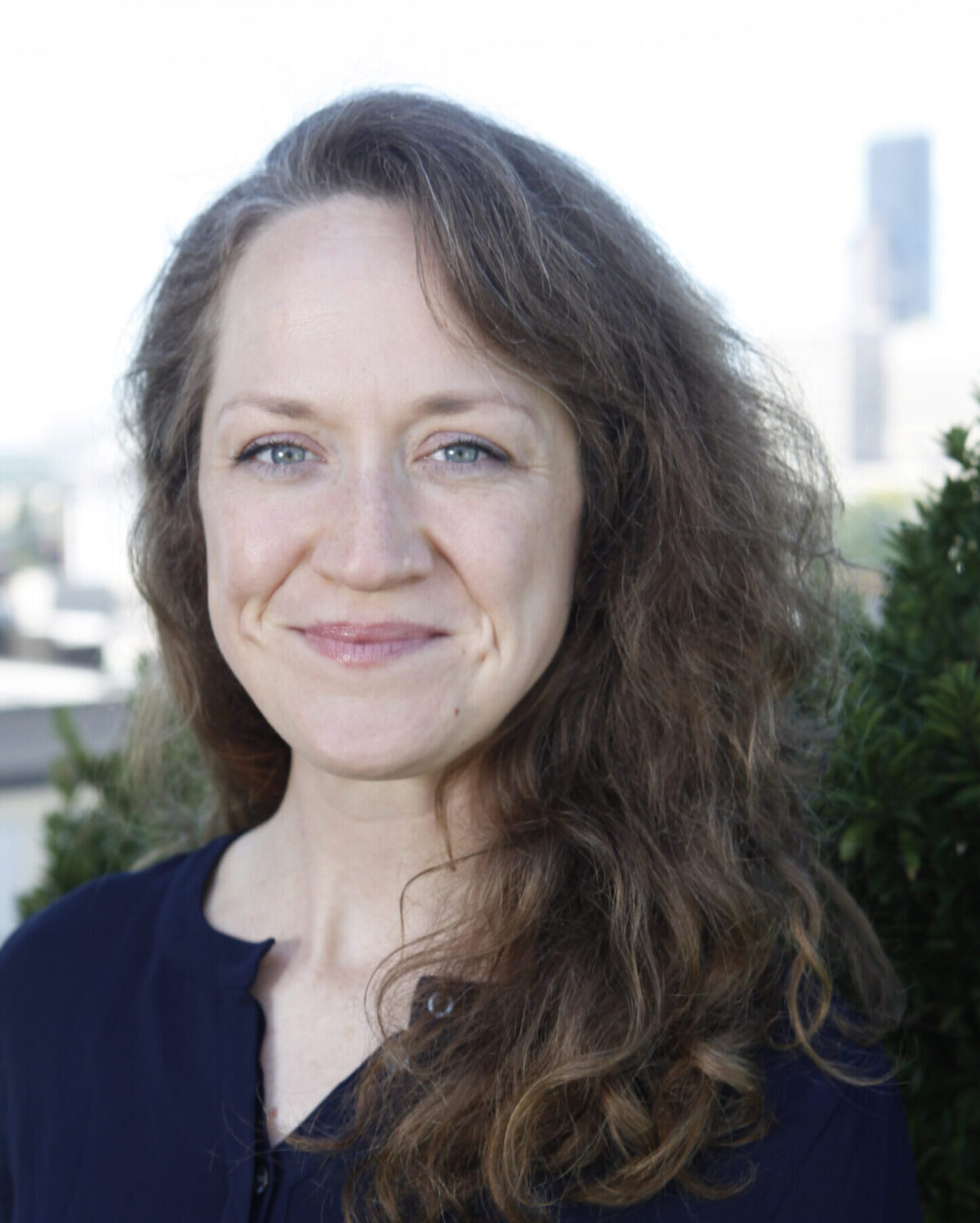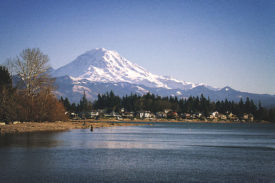Clark
A nifty idea: you can reduce your carbon footprint, at least a wee bit, by reducing how much data you store in the cloud. One simple option for Gmail users is to use this free service to tidy up your old email messages. I have no idea what the privacy implications are, but it’s certainly an easy way to clear a bunch of useless junk from your email archives.
Alan
A devastating portrait of our disgracefully broken mental health care system, told through the story of one family.
Pam
Citizen cartographers are helping fight the spread of ebola, just as they helped save lives in the 2010 Haiti earthquake and 2013 Philippines typhoon. Using free mapping software, people are improving maps for West Africa so that aid workers can identify locations for possible clinics and the routes by which the virus can spread. You, too, can help.
Ted
“Many children today have never seen stars,” Portland resident Judith Potts reminds us in a wonderfully eloquent letter to the editor about the necessity of outdoor learning for all children. To see this matter through children’s eyes, watch “Into the Middle of Nowhere,” a delightful 15-minute video of Scottish children inventing worlds and embarking on voyages together at the edge of a wood. As writer Robert Michael Pyle recalls in “Free-Range Kids” in the November/December 2014 issue of Orion magazine (in print only, alas), “there was a time when children everywhere ran… a gamut of joy, as they roamed through their local landscapes unhindered.”
Serena
A really cool hyperlocal storytelling/history project out of Seattle’s Central District interviews and records the stories of residents in a rapidly changing neighborhood. A recent article profiles David Buerge, author, educator, and student of the Duwamish Tribe. An excerpt:
You know the Duwamish Tribe, even though it doesn’t have a reservation,
most of its members still live in the traditional areas where the Duwamish lived, as do a lot of the assimilated…… Some of these people were here before we came as settlers, as immigrants. There were people here before. They’ve suffered greatly but they’ve survived. And that survival should give us hope.







